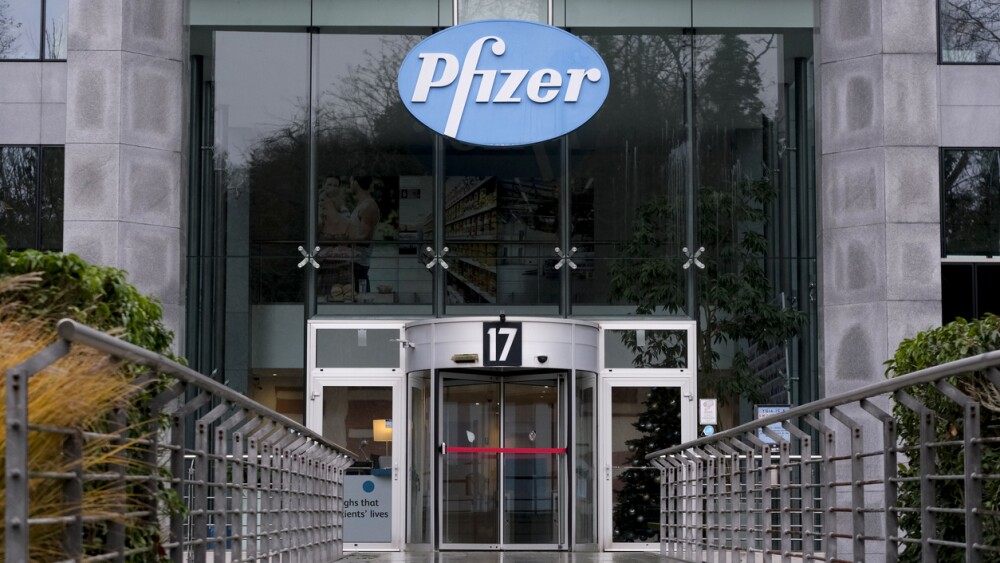As the measles virus continues to run throughout the United States, Merck, the sole supplier of the MMR vaccine, said it has taken steps to increase the supply of the medication to medical facilities across the United States to help battle the outbreak.
As the measles virus continues to run throughout the United States, Merck, the sole supplier of the MMR vaccine, said it has taken steps to increase the supply of the medication to medical facilities across the United States to help battle the outbreak.
Merck’s announcement is in response to the growing number of measles cases across the United States, as well as additional reports that suggest older adults who received the vaccine prior to 1989 may need a booster. On Sunday, Reuters reported that of the 695 confirmed measles cases in the U.S., 10 percent of those cases occurred in patients who received one or two doses of the vaccine. That information was provided by the U.S. Centers for Disease Control and Prevention. The CDC said that the number of cases of people who had the vaccination indicates the need for a potential booster dose.
The current standard of care for the MMR vaccine is two doses. In its report, Reuters noted that people who were vaccinated between 1963 and 1989 would likely have received only one dose.
Dr. Michael Phillips, chief epidemiologist at NYU Langone Health, told Reuters that in some adults who only received one dose of the MMR vaccine, memory T-cells, part of the body’s immune system, do not fight the virus as effectively as they once did.
CDC Director Robert Redfield called the current outbreak of the measles, a disease considered eradicated in the United States in 2000, “deeply troubling.” He encouraged healthcare workers to stress the safety and efficacy of the measles vaccines, particularly with the growing anti-vaccination movement in the United States.
And, I encourage all Americans to adhere to CDC vaccine guidelines in order to protect themselves, their families, and their communities from measles and other vaccine-preventable diseases. We must work together as a Nation to eliminate this disease once and for all,” Redfield said in a statement.
The outbreaks in the U.S., which have primarily been in the states of Washington and New York, began through exposure to the virus outside the country, the CDC said. When measles is imported into a community with a highly vaccinated population, outbreaks either don’t happen or are usually small. However, once measles is in an under-vaccinated community, it becomes difficult to control the spread of the disease. The World Health Organization reported this month that there has been a 300 percent increase in the number of measles cases worldwide compared with the first three months of 2018. That increase is part of a global trend seen over the past few years as other countries struggle with declining vaccination rates and may be exacerbating the situation here.
Last week, BioSpace reported on the growing anti-vaccination movement in the U.S., a movement that largely seems to be fueled by a distrust of the pharmaceutical industry. A significant number of the anti-vaccination proponents claim that there are dangerous side effects to vaccines and the government is shielding drugmakers from liability due to the tenets of the National Vaccine Injury Compensation Program. Since 2001, the percentage of children in the United States who do not receive any vaccines has quadrupled. According to the CDC, about 1.3 percent of children who were born in 2015 do not receive vaccinations. That number grew from .3 percent in 2001.





